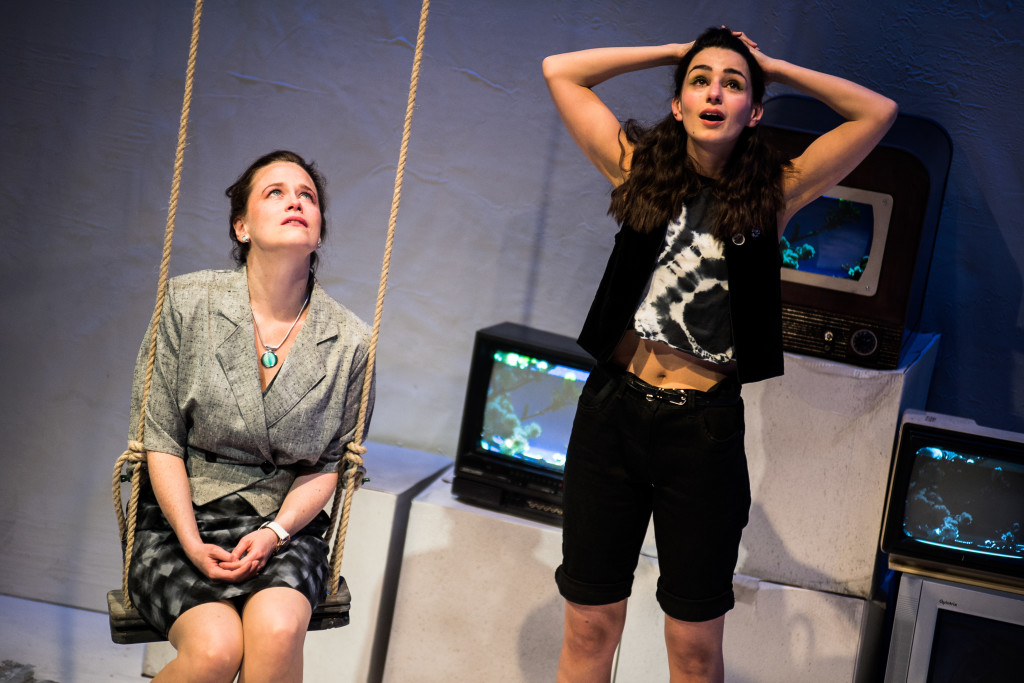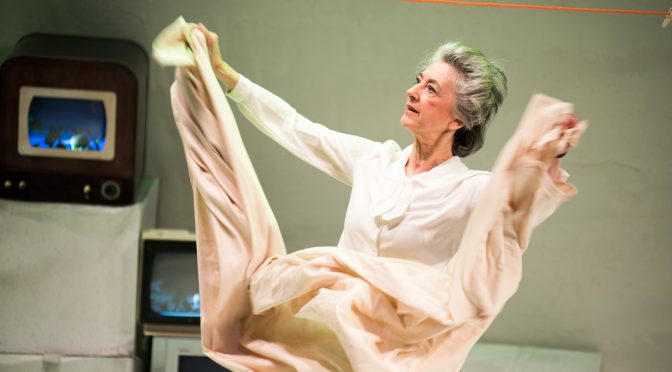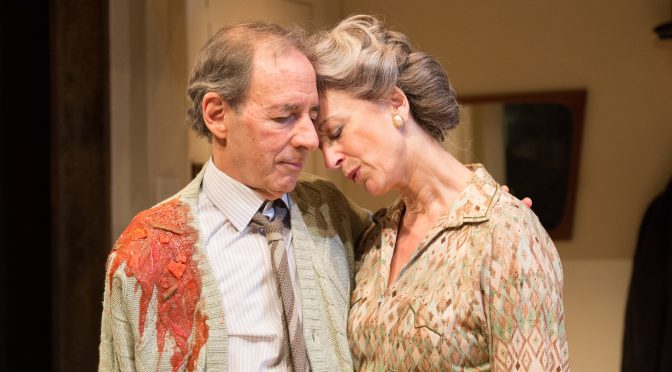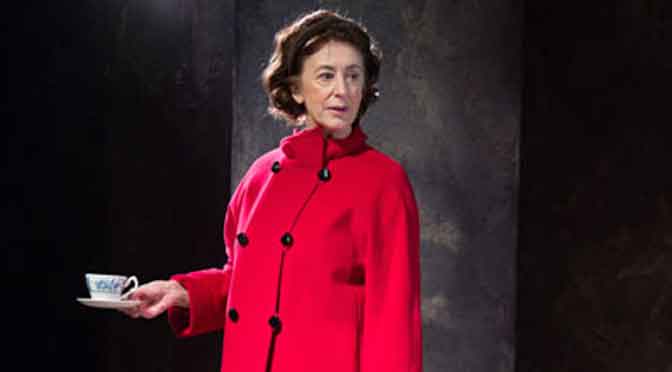Charlotte Keatley’s acclaimed play was one of the first I ever saw, leaving a profound impression that, I’m pleased to say, is retained by this revival. The story of four women from one family, the action covers most of the 20th century and uses a non-chronological structure that was once regarded as radical. Going backwards and forwards in time has made the play influential. More importantly, this time-travelling technique elevates an interesting domestic drama into something extra special.
Flitting through the decades makes the women’s shared experiences bristle with connections. Family and motherhood link them, while their marriages and experience of work differ. This is the first production from a new company, Tiny Fires, led by producer Tara Finney and director Paul Robinson. Clearly excited by the prestige of the piece, history is emphasised – fair enough – and the ‘progress’ for women is examined carefully. But I’d argue this isn’t the heart of the play. There’s too much focus on generational differences rather than similarities here.

What can’t be disputed is that, by showing the women throughout their lives, Keatley created four remarkable roles for performers. Serena Manteghi and Katie Brayben take on the younger parts, full of energy and angst. And ably stepping into the role of Margaret mid-production is Hilary Tones (replacing Caroline Faber). The star casting comes with Maureen Lipman in the role of Doris. Given Lipman’s skills, it’s no surprise that comedy leaps to the fore (there are lessons that Manteghi and Brayben will surely learn). But there’s more than laughs here. Remember, the role goes from infancy to old age and, at the conclusion, Lipman switches from a great-grandmother to a young fiancée – the phrase tour de force could have been invented for her character.
Yet more astounding, it’s the quieter, emotional scenes that Lipman pulls out the stops for, highlighting the pervasive repression that Keatley writes of. Churlish as it sounds, Lipman’s achievement unbalances the show. Doris does have many of the best lines, but all four characters share the quality of having “no sense of compromise” and this could come across more clearly. It’s a small flaw that doesn’t stop all four women, precisely defined, convey themes that have that often-searched-for quality of timelessness in a play that is both compelling and moving.
Until 21 May 2016
Photo courtesy Savannah Photographic



